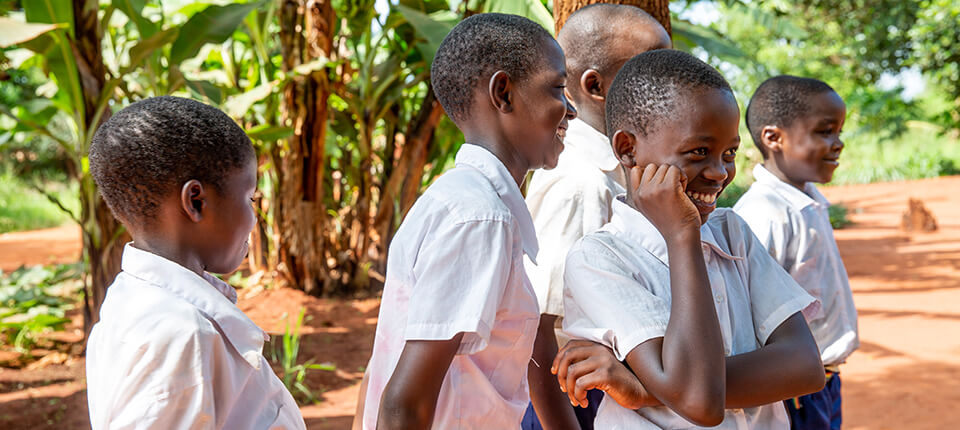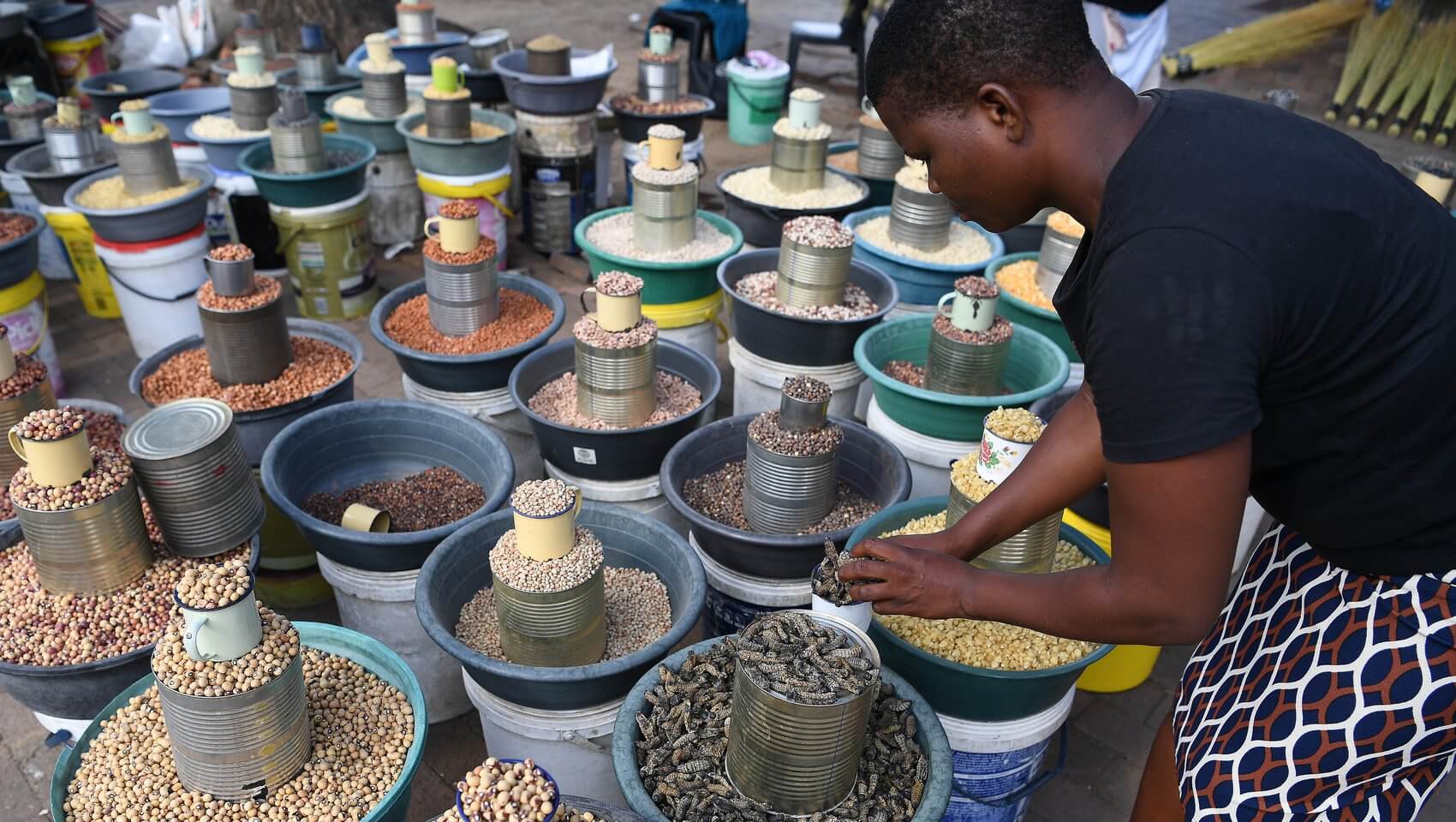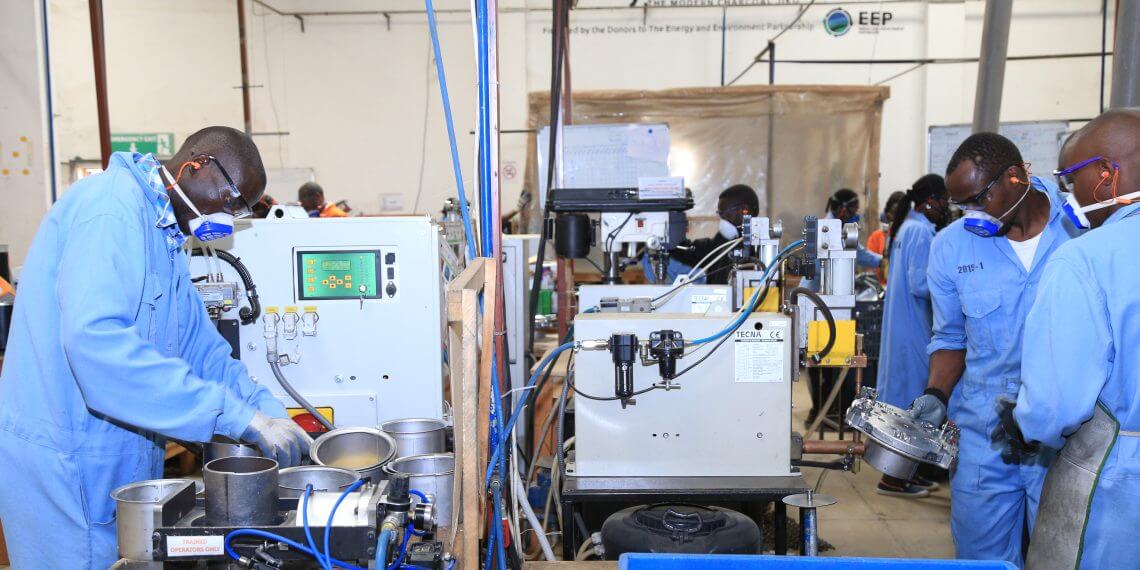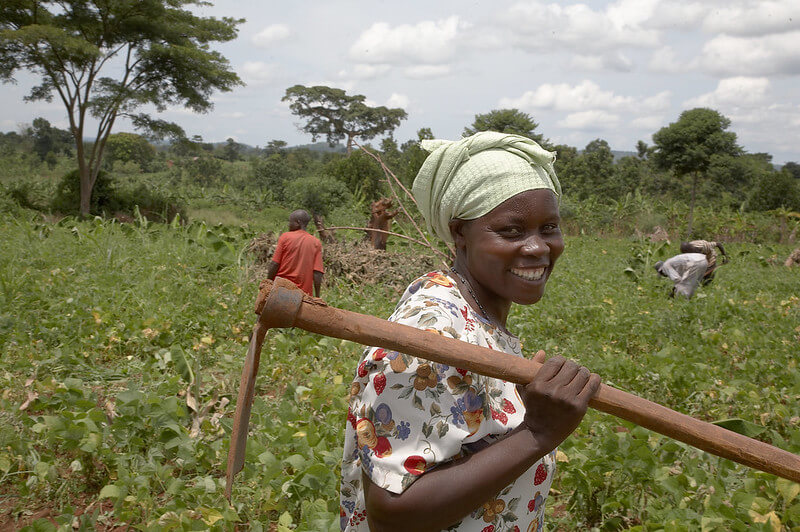Women traders at the newly renovated Sofya market in Kasulu now hope for a bright future for their children. The construction of sheds and display facilities for products will enable approximately 1120 women and youth to sell their fruits and vegetables in suitable conditions. 894 youth from the Buhigwe district in Tanzania are looking forward to the completion of the Youth Socio Economic Development Centre in the area. This centre will provide a space where the young community can obtain the skills and knowledge needed to access information on good agricultural practices. Post-harvest losses in remote Kigoma have always remained high due to the absence of adequate storage facilities. But with the expansion of Mvugwe aggregation centre in Kasulu district, nearly 600 farmers now have access to improved storage facilities for cassava. Trainings on post-harvest management and standard operating procedures will also soon be available. Around 200 entrepreneurs dealing with gems and precious stones will be able to secure deals in the security of the newly renovated Mineral and Gems Exchange Centre in Kigoma Town. In partnership with the Small Industries Development Organization, efforts to establish a competitive palm oil value chain will help secure sustainable livelihood opportunities for 300 women smallholders associated with palm oil production. The virtual world is brimming with opportunities, and the Agribusiness Tanzania App, developed by Nyakitonto Youth for Development Tanzania is being improved to take advantage of this. The digital app will help create stronger market linkages and access to market intelligence for 60...
Leaning into sustainable development in Tanzania
Posted on: January 25, 2021
Posted on: January 25, 2021
























